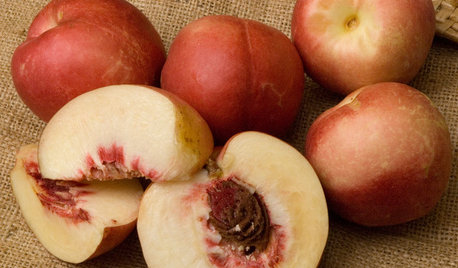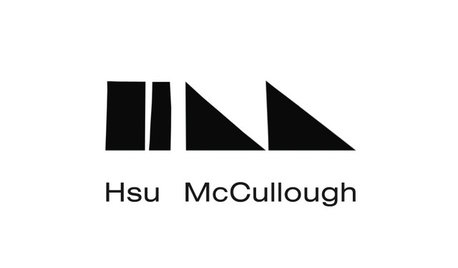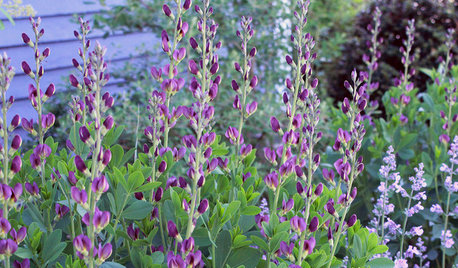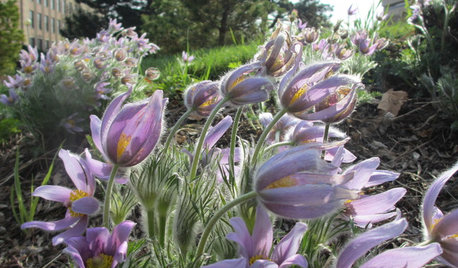Trademarked names
ThePatriot
18 years ago
Related Stories

EDIBLE GARDENSGrow Plum Hybrids for Your Favorite Fruit Flavors
Plums are cozying up with apricots, peaches and even cherries — here’s how to grow these hybrids for the best aspects of each
Full Story
REMODELING GUIDESInteresting Industrial Materials: Cor-Ten Steel
Use the Rust-Rich Metal for a Variety of Exterior Applications
Full Story
DECORATING GUIDESThe Case for In-Between Colors
These mutable hues defy easy description, but their appeal all around the home isn't hard to get
Full Story
COLOR4 Cool Paint Colors Touted for 2014 — and How to Use Them
Muted but complex, these hues from Farrow & Ball can stand on their own or play supporting roles
Full Story
DECORATING GUIDES21st-Century Looks for Shabby Chic Fans
How to update a style that's been popular since the 1990s? With new colors, crisper lines and contemporary settings
Full Story
ARCHITECTUREHouzz Call: Show Us Your Logo!
A picture is worth a thousand words, but your company’s symbol may be worth its weight in gold. We’d like to hear the graphic details
Full Story
KITCHEN COUNTERTOPSKitchen Counters: Granite, Still a Go-to Surface Choice
Every slab of this natural stone is one of a kind — but there are things to watch for while you're admiring its unique beauty
Full Story
PRODUCT PICKSGuest Picks: Outfit Your Home in Fab Fashion Designer Accents
You don their clothes to look chic. Now your home can have its turn, with decor from some of the world's greatest fashion houses
Full Story
GARDENING GUIDESFlower Spikes Nail Impact in Summer Gardens
Get to the point in your landscape with spiky flowers and plants that create excitement and drama
Full Story
GARDENING GUIDES6 Plants That Beat Butterfly Bush for the Wildlife Draw
It's invasive, a nonnative and a poor insect magnet. Check out these better alternatives to butterfly bush in the garden
Full Story





veronicastrum
Embothrium
Related Professionals
Ashland Landscape Architects & Landscape Designers · Deer Park Landscape Architects & Landscape Designers · Port Royal Landscape Architects & Landscape Designers · Wilmington Landscape Contractors · Andover Landscape Contractors · Dixon Landscape Contractors · Lees Summit Landscape Contractors · Lynn Landscape Contractors · Oak Forest Landscape Contractors · Pikesville Landscape Contractors · Wells Landscape Contractors · Cleveland Driveway Installation & Maintenance · Park Ridge Driveway Installation & Maintenance · Round Lake Beach Driveway Installation & Maintenance · South Lyon Driveway Installation & MaintenanceThePatriotOriginal Author
azngrnthumbs
karmahappytoes